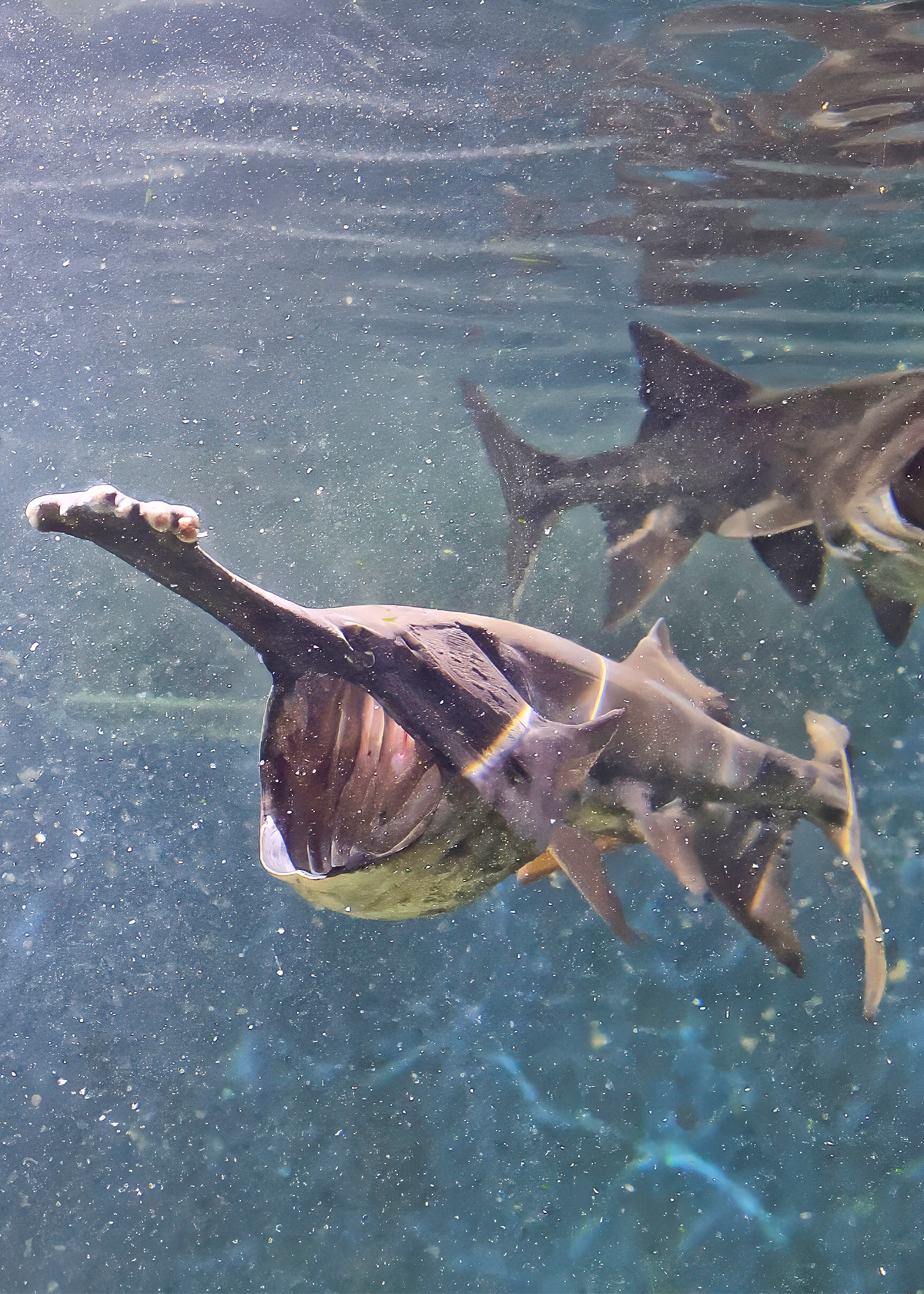Support Conservation Fund
At Cameron Park Zoo, conservation is more than a mission—it’s a commitment. From protecting wild places around the globe to caring for endangered species right here in Waco, our work extends far beyond our gates. Our staff contributes to international conservation efforts, including orangutan and reptile research, habitat restoration, and the safe relocation of at-risk animals.
When you give to the Conservation Fund, you’re joining us in that mission. This restricted fund is used exclusively to support wildlife conservation efforts—never for general Zoo operations. Your tax-deductible gift helps us take meaningful action: educating the public, supporting our conservation partners, and protecting endangered species and ecosystems for generations to come.
Your support also powers our 10 to Protect initiative, which spotlights ten species in our care and the global conservation programs working to save them in the wild.
10 TO PROTECT CONSERVATION PROGRAM
A global commitment rooted in our local care.
At Cameron Park Zoo, our dedication to conservation extends far beyond the boundaries of our exhibits. The animals in our care serve as powerful ambassadors for species facing threats in the wild. Through the 10 to Protect conservation program, we focus our efforts on ten extraordinary species that live right here at the Zoo—and need our help across the globe.
Each of these animals represents a unique conservation story, and our partnerships with international organizations ensure that our work at the Zoo supports real-world impact in the field. From the forests of Sumatra to the wetlands of Cuba, we are proud to contribute to global strategies to protect wildlife and preserve biodiversity.
By supporting 10 to Protect, you join a growing movement to safeguard threatened species through education, field conservation, and meaningful community action. Together, we can help create a future where people and wildlife thrive side by side.
At Cameron Park Zoo, we believe meaningful conservation begins with connection. That’s why we’re focusing our efforts on ten incredible animals that live right here at the Zoo. These species aren’t just residents of our exhibits—they’re ambassadors for wildlife around the world.
Our 10 to Protect PROGRAM spotlights animals we care for at the Zoo and supports the global conservation programs that protect their wild counterparts. From African penguins to Jamaican iguanas, these species need our help. Through field partnerships, educational outreach, and your support, we’re taking action to ensure a future for wildlife.

African Penguin
Conservation Partner: SAFE: African Penguin
Status: Critically Endangered
Why It Matters:
These charming, tuxedoed seabirds once thrived in colonies along the southern coast of Africa. Today, African penguins face a rapid decline due to overfishing, habitat loss, and oil spills. SAFE is working with partners to construct artificial nests, protect fisheries, and respond swiftly to oil disasters. With fewer than 25,000 breeding pairs left, the time to act is now.
Did You Know? African penguins can swim at speeds up to 15 mph when hunting. The average person swims less than one-third of that speed.
Quick Facts:
- Habitat: Coastal South Africa and Namibia
- Main Threats: Overfishing, oil spills, habitat degradation
- Conservation in Action: Cameron Park Zoo supports SAFE’s nest-building and rehabilitation efforts, and raises awareness about seabird conservation
- How You Can Help: Choose sustainable seafood and reduce plastic use to protect marine life
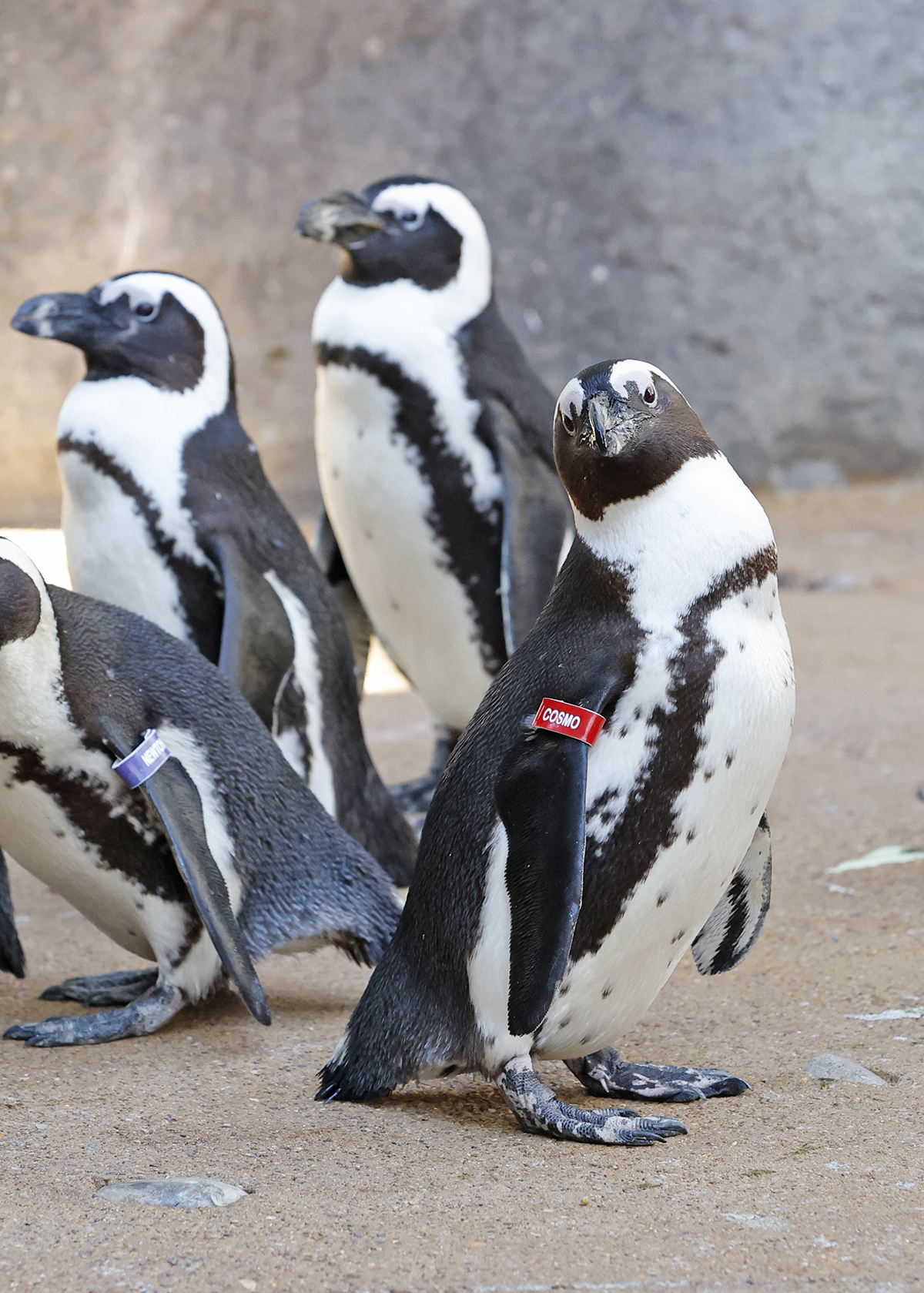
Orangutan
Conservation Partner: Borneo Orangutan Survival Foundation (BOS)
Status: Critically Endangered
Why It Matters:
With expressive faces and long arms built for forest life, orangutans are one of our closest living relatives. But deforestation and the illegal pet trade are devastating their populations. BOS rescues, rehabilitates, and releases orangutans into protected forests, giving them a second chance at life.
Did You Know? Orangutans share about 97% of their DNA with humans.
Quick Facts:
- Habitat: Tropical rainforests of Borneo and Sumatra
- Main Threats: Habitat loss from palm oil farming, poaching, illegal pet trade
- Conservation in Action: Cameron Park Zoo supports BOS’s rescue and reforestation programs.
- How You Can Help: Choose certified sustainable palm oil products and support habitat conservation. You can find an easy-to-use guide with Cheyenne Mountain Zoo’s Sustainable Palm Oil Shopping App.
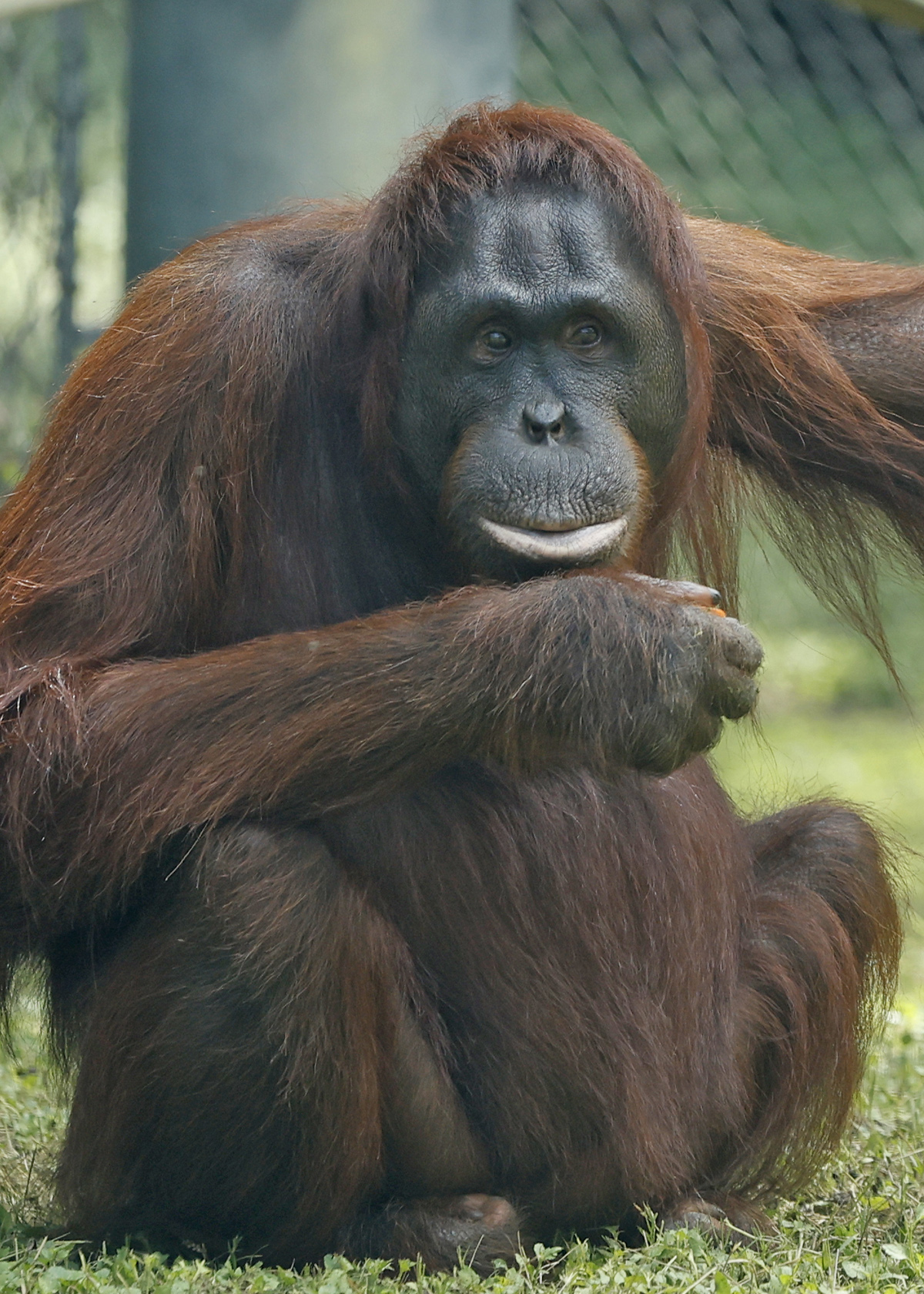
Sumatran Tiger
Conservation Partner: AZA’s SSP / Tiger Conservation Campaign
Status: Critically Endangered
Why It Matters:
Fewer than 400 Sumatran tigers remain in the wild. As their forests shrink, they increasingly come into conflict with people. AZA’s SSP supports efforts to protect habitat, reduce conflict, and prevent illegal poaching. These majestic predators need protected spaces to survive.
Did You Know? The Sumatran tiger is the smallest of all tiger subspecies.
Quick Facts:
- Habitat: Dense forests of Sumatra, Indonesia
- Main Threats: Habitat destruction, human-wildlife conflict, poaching
- Conservation in Action: Cameron Park Zoo supports AZA’s tiger conservation efforts and public education campaigns
- How You Can Help: Avoid unsustainable palm oil and support organizations fighting wildlife crime. You can find an easy-to-use guide with Cheyenne Mountain Zoo’s Sustainable Palm Oil Shopping App.

Southern White Rhinoceros
Conservation Partner: International Rhino Foundation (IRF)
Status: Near Threatened
Why It Matters:
Once nearly wiped out, Southern white rhinos are now a conservation success story in progress. But poaching for their horns remains a deadly threat. IRF works on the ground to protect rhinos with anti-poaching patrols, habitat protection, and community outreach.
Did You Know? A rhino’s horn is made of keratin—the same protein found in human hair and nails.
Quick Facts:
- Habitat: African savannas and grasslands
- Main Threats: Poaching, habitat loss
- Conservation in Action: Cameron Park Zoo supports IRF’s field conservation and public engagement programs
- How You Can Help: Educate others about the myths of rhino horn and support anti-poaching initiatives
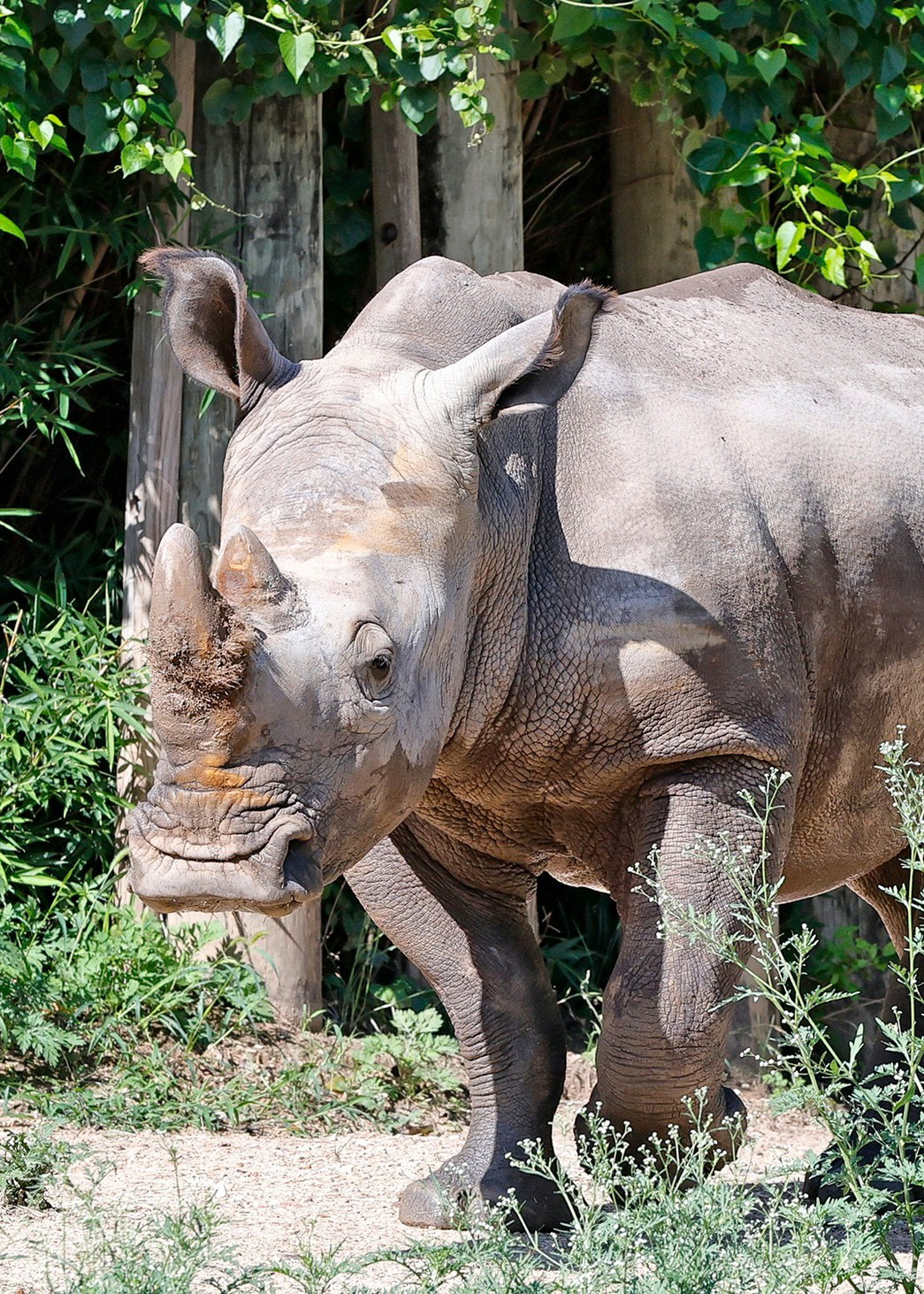
Giraffe
Conservation Partner: Save Giraffes Now
Status: Endangered in some species
Why It Matters:
Graceful and iconic, giraffes are disappearing silently across much of Africa. Save Giraffes Now works directly with local communities to create safe habitats, prevent poaching, and protect populations in the wild.
Did You Know? Giraffes only need 5 to 30 minutes of sleep in a 24-hour period!
Quick Facts:
- Habitat: African savannas, woodlands, and open plains
- Main Threats: Habitat loss, poaching, human encroachment
- Conservation in Action: Cameron Park Zoo supports SGN’s field programs and public awareness efforts
- How You Can Help: Support conservation groups that empower local communities to protect wildlife

Stingray
Conservation Partner: SAFE: Sharks & Rays
Status: Many species vulnerable or endangered
Why It Matters:
Often overshadowed by sharks, stingrays are graceful, essential creatures in our oceans and rivers. SAFE: Sharks & Rays unites aquariums and researchers to advocate for healthy oceans, reduce bycatch, and support sustainable fisheries.
Did You Know? Stingrays can detect the electrical signals of prey using special sensors called ampullae of Lorenzini.
Quick Facts:
- Habitat: Oceans, coastal waters, and freshwater rivers
- Main Threats: Overfishing, habitat degradation, pollution
- Conservation in Action: Cameron Park Zoo supports SAFE’s marine conservation efforts and promotes responsible ocean stewardship
- How You Can Help: Use reef-safe sunscreen, reduce plastic use, and support marine conservation
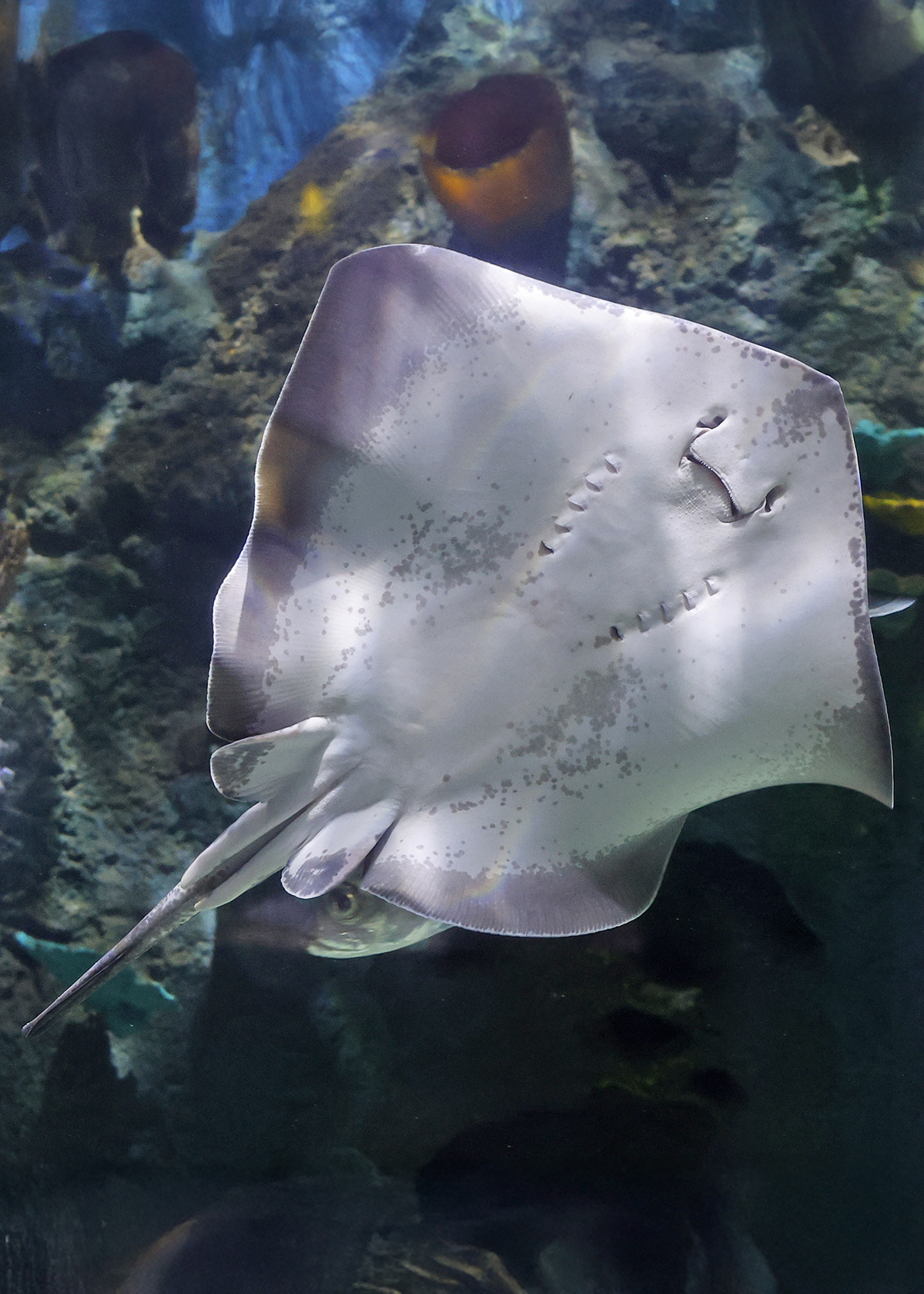
Turtles & Tortoises
Conservation Partner: Turtle Survival Alliance (TSA)
Status: Many species endangered or critically endangered
Why It Matters:
Turtles and tortoises are some of the most threatened vertebrates on Earth. TSA leads science-based efforts to protect wild populations, fight trafficking, and restore habitats around the world.
Did You Know? Some tortoises can live more than 150 years, making them among the longest-lived animals on Earth.
Quick Facts:
- Habitat: Rivers, lakes, forests, grasslands—varies by species
- Main Threats: Illegal trade, habitat destruction, pollution
- Conservation in Action: Cameron Park Zoo supports TSA’s global conservation and education initiatives
- How You Can Help: Never release pet turtles into the wild; support clean water efforts

Jamaican Iguana
Conservation Partner: International Iguana Foundation
Status: Critically Endangered
Why It Matters:
The Jamaican iguana was once thought extinct. Rediscovered in 1990, this species is now the focus of major recovery efforts. The International Iguana Foundation funds monitoring, headstarting programs, and habitat protection to bring the species back.
Did You Know? Jamaican iguanas are considered one of the rarest lizards in the world.
Quick Facts:
- Habitat: Limestone forests of southern Jamaica
- Main Threats: Habitat loss, invasive predators, illegal hunting
- Conservation in Action: Cameron Park Zoo helps fund recovery programs and raise public awareness
- How You Can Help: Support species recovery initiatives and habitat protection
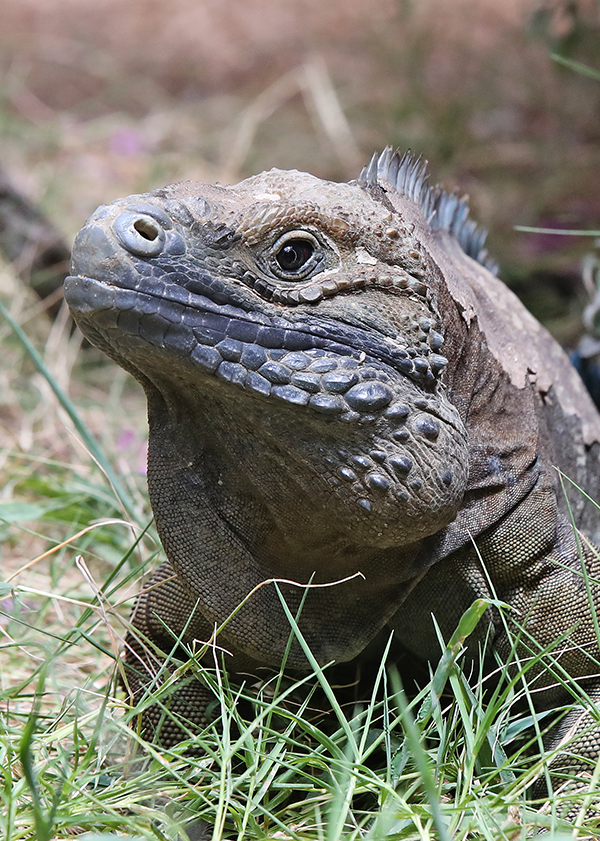
Two-Toed Sloth
Conservation Partner: Sloth Conservation Foundation (SloCo)
Status: Not currently endangered, but populations are threatened
Why It Matters:
Sloths face increasing threats from urban expansion, power lines, and road crossings. SloCo works to install canopy bridges, conduct vital research, and educate communities on safe coexistence.
Did You Know? Sloths can rotate their heads up to 270 degrees—an unusual trait for mammals.
Quick Facts:
- Habitat: Tropical forests of Central and South America
- Main Threats: Habitat fragmentation, electrocution, road accidents
- Conservation in Action: Cameron Park Zoo supports SloCo’s work and promotes sloth-safe infrastructure
- How You Can Help: Advocate for wildlife corridors and support responsible forest management
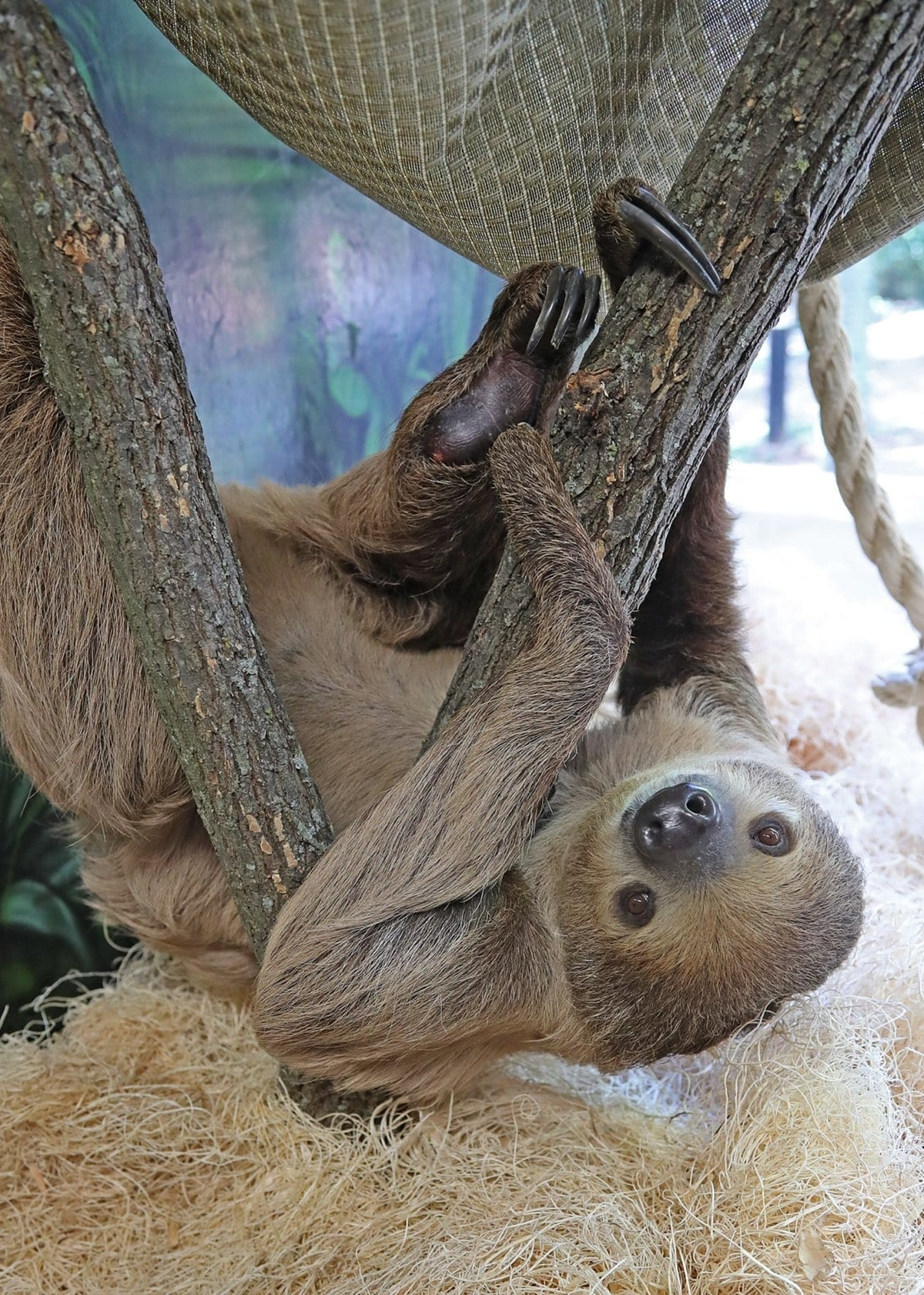
Paddlefish
Conservation Partner: Caddo Lake Institute
Status: Vulnerable (IUCN) and threatened in Texas
Why It Matters:
The American paddlefish is a prehistoric freshwater fish that has lived in the rivers and bayous of the Mississippi River Basin for more than 300 million years—longer than the dinosaurs. Once common in Texas waterways, paddlefish populations plummeted due to overfishing, habitat loss, and dam construction that blocked spawning migrations and disrupted natural flow regimes. Caddo Lake Institute is leading efforts to restore healthy water flows and reintroduce paddlefish to Caddo Lake, supporting this ancient species and the broader ecosystem it represents.
Did You Know? Paddlefish can grow up to 7 feet long, weigh up to 200 pounds, and filter plankton through their gill rakers with their mouths open wide as they swim.
Quick Facts:
- Habitat: Historically rivers and bayous of the Mississippi River Basin; now rare in Texas waterways
- Main Threats: Habitat alteration from dams and development, overfishing, disruption of natural spring flows
- Conservation in Action: Cameron Park Zoo supports Caddo Lake Institute’s restoration and reintroduction work to bring paddlefish back to Caddo Lake and boost watershed health
How You Can Help: Learn about watershed restoration and support efforts that restore natural river flows and protect aquatic habitats
